Make no mistake: Johannes Hasselbach is fully invested—even if there was a time when he might have wondered what on earth his great-, great-, great-grandfather was thinking when he sold the family bank in 1890 to buy vineyards in Germany’s Rheinhessen.
Carl Gunderloch, from whom this esteemed estate in Nackenheim takes its name, must have been utterly captivated by the Roter Hang, an east-facing red slope of compacted desert sand from the Permian era.
And while Johannes didn’t initially see himself following in his footsteps, he’s taken to the role of devoted servant to the majestic Rothenberg vineyard and its grand-cru siblings, Hipping and Pettenthal, in a deep-thinking, full-blooded fashion.
Johannes was called to the winery in sudden and partly sad circumstances, when his younger sister—the heiress apparent—found love abroad and his father was subsequently taken ill. Fritz Hasselbach was a giant of German wine and is fondly evoked here. Fritz died in 2016, but not before he had put Gunderloch and Rothenberg firmly in the German premier league, not least for the sweet wines that won him a hat-trick of 100-point reviews in Wine Spectator. (Many may be familiar with Gunderloch’s everyday quaffer, Fritz’s Riesling, named in his honour.)
If a quest to do Carl Gunderloch’s vineyards justice is a constant, much of this conversation revolves around change—generational, stylistic, climatic, technological—and, as such, provides a wonderful window onto the decision-making of an ethical farmer seeking the ultimate expression of that unique confluence of factors the French call “terroir”.
Even that concept is subject to a twist here, when Johannes and I talk about his Wurzelwerk project, in which he swapped grapes with his friend, Theresa Breuer, and his brother-in-law and sister, Alwin and Stefanie Jurtschitsch. The vineyards in question were Rothenberg in Rheinhessen, Nonnenberg in the Rheingau and Heiligenstein in Austria’s Kamptal. Two other experiments we discuss are Al’s Wär’s Ein Stück Von Mir and Virgo. The former is an “ahead-of-its-time-old-school-wine”, the latter was a fascinating rendition of Rothenberg with the grapes picked, crushed and fermented—and the wine raised—in the vineyard. The idea was to give the site the ultimate opportunity to chuck all of its DNA at the resulting wine.
There is inevitably talk of the Verband Deutscher Prädikatsweingüter (VDP), a prestigious, private body of provenance-obsessed German growers, for whom Johannes serves as Rheinhessen’s regional president. We also mention Prädikat wines, which come with their own classification system. Both of these are further elucidated—and, trust me, it is interesting, relevant and understandable—in a bonus episode for paid subscribers (with an accompanying Substack post).
Early on in the podcast, Johannes mentions vintages he worked overseas with his (now) wife Marie. These were Jackson-Triggs in Canada’s Okanagan Valley, Martinborough Vineyard in New Zealand, and Jim Barry in Australia’s Clare Valley.
Finally, among the growers Johannes cites as sharing his conception of a vigneron’s role are Philipp Wittmann (Rheinhessen), Cornelius Dönnhoff (Nahe), Tement and Wohlmuth (Südsteiermark/Southern Styria, Austria) and Vino Gross in Slovenia.





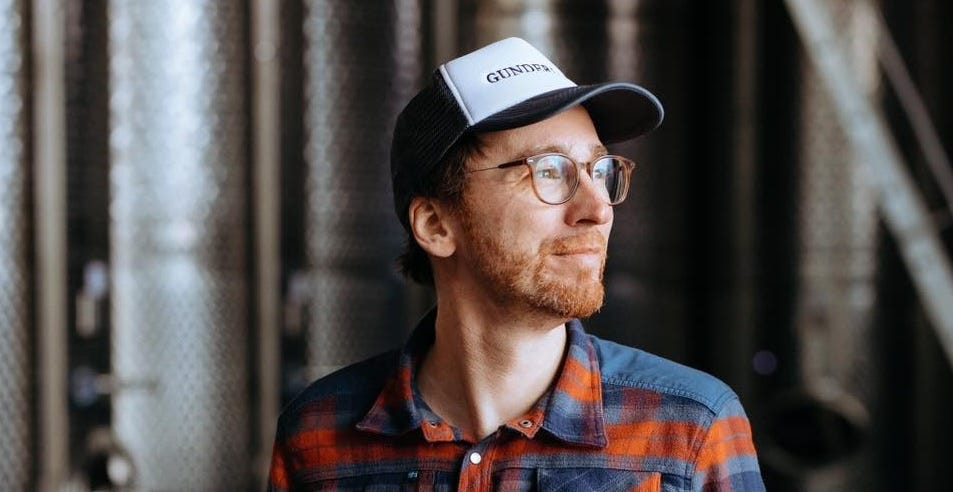
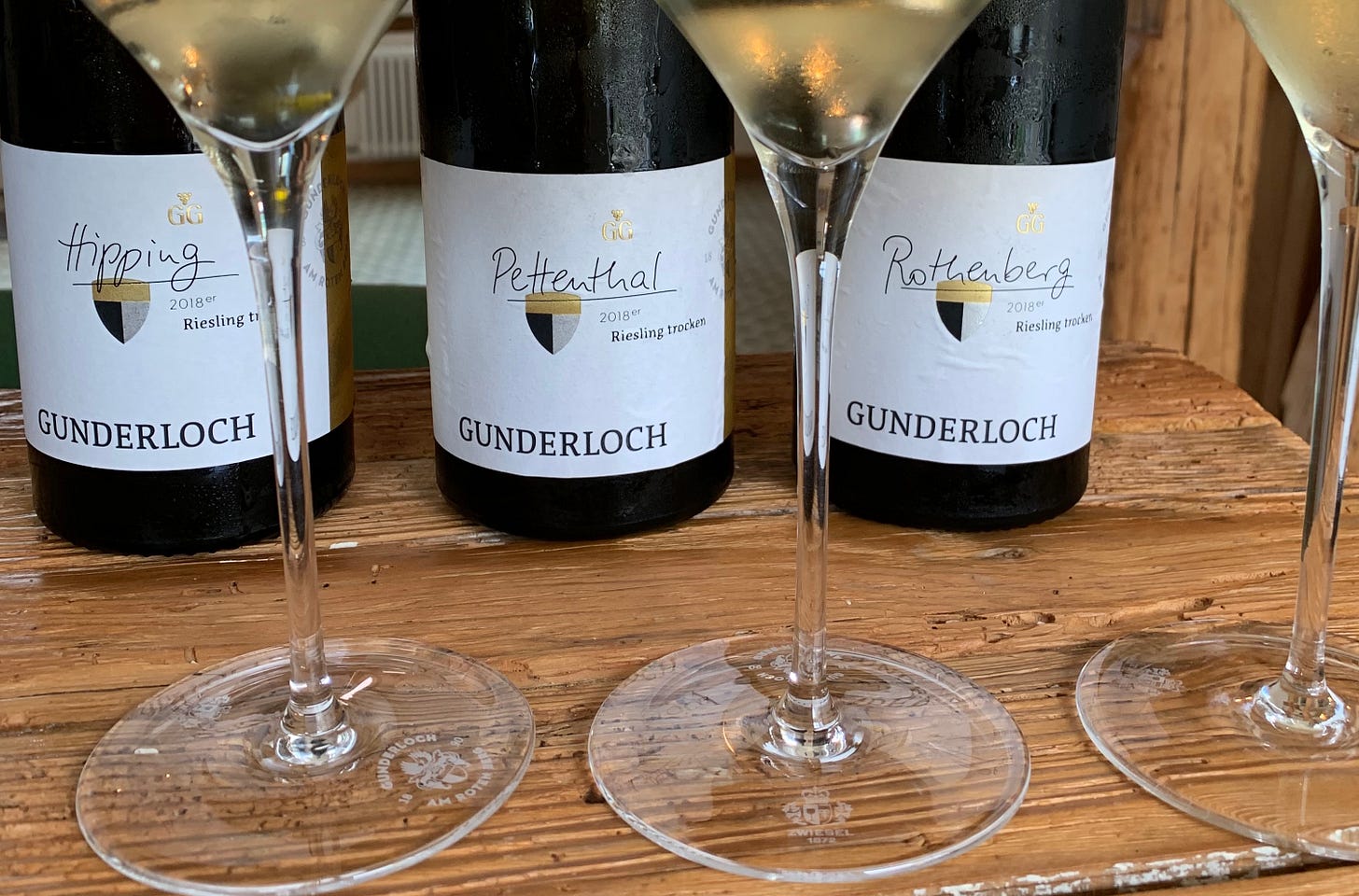
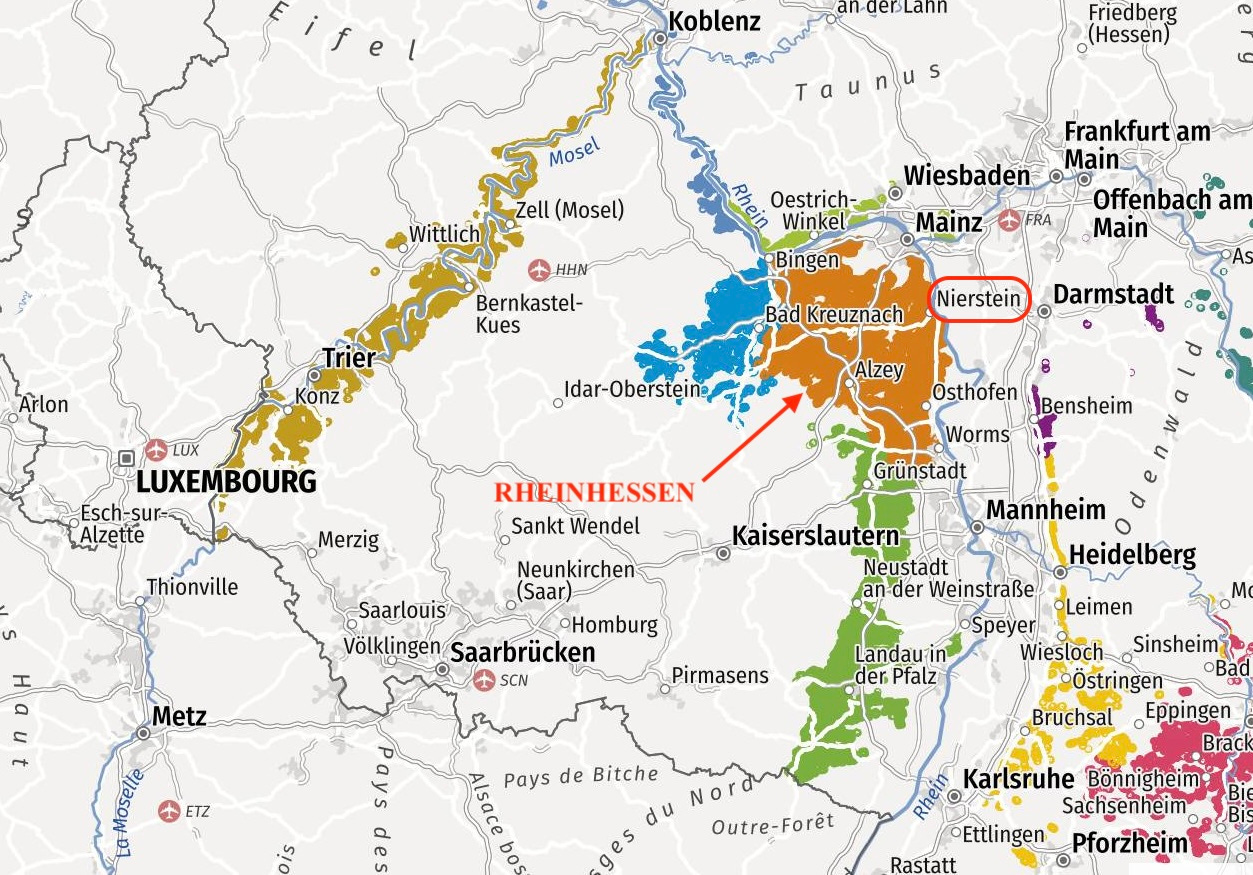
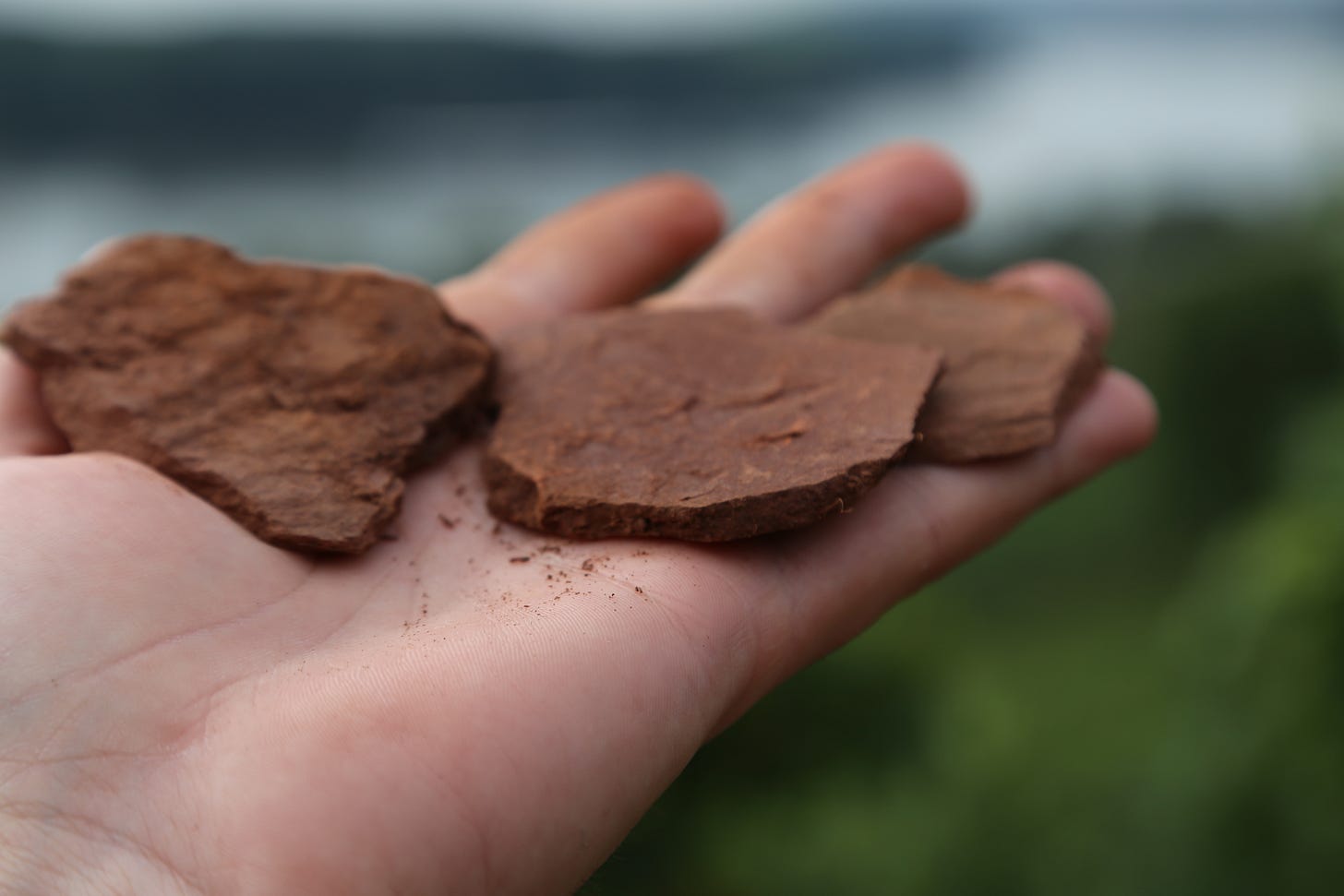







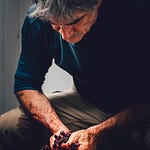
Share this post